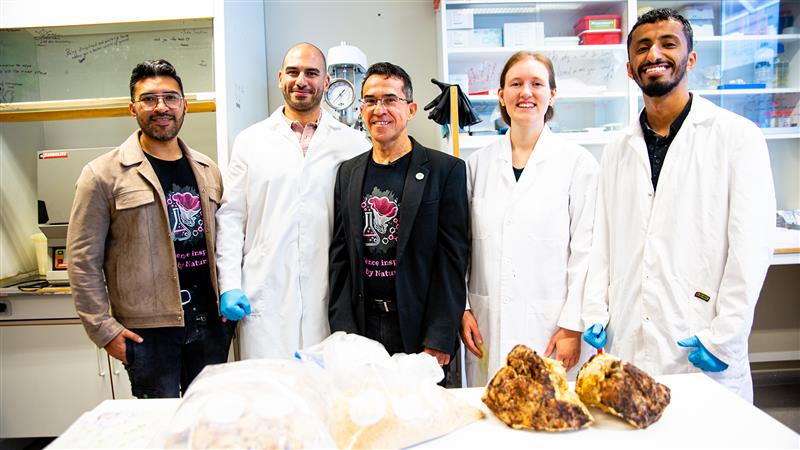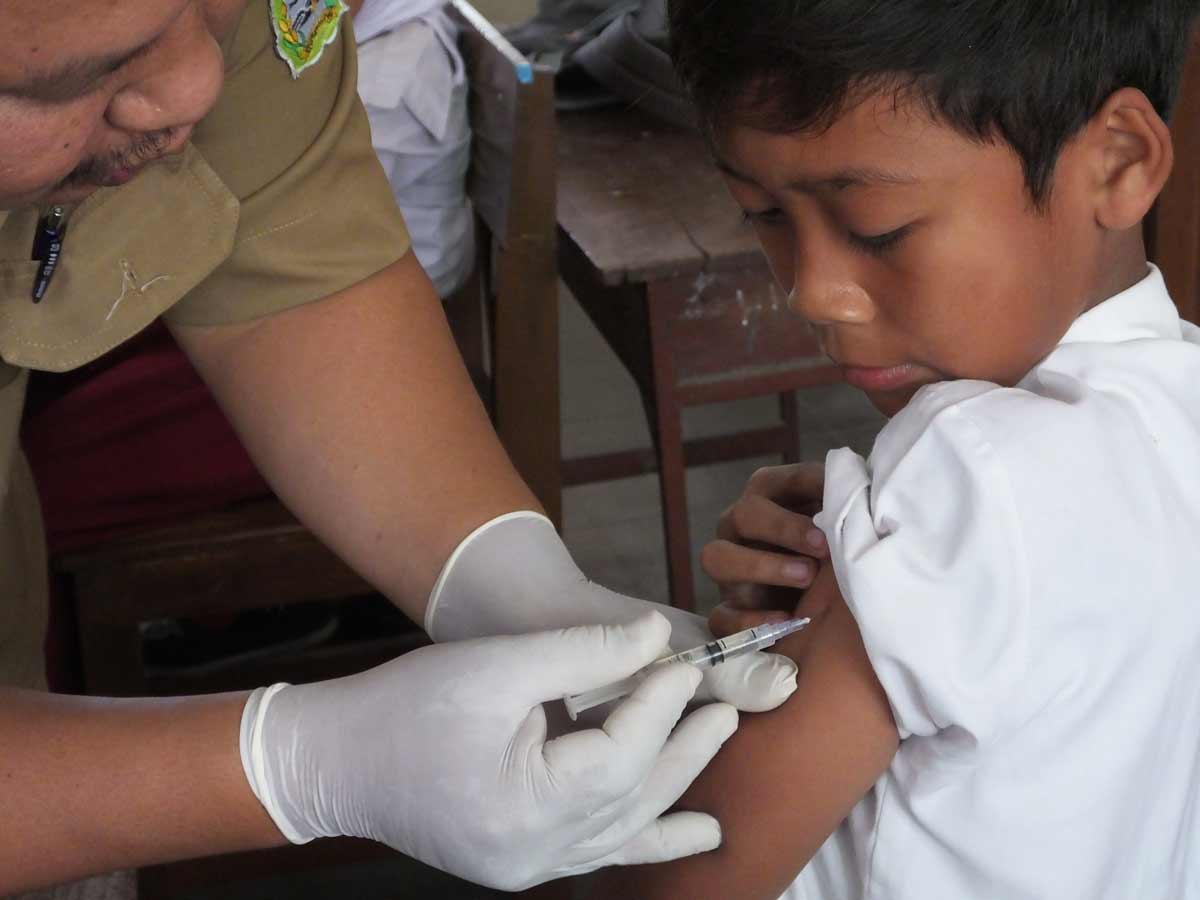Projects from research organisations
Many Norwegian research organisations submit project proposals to the Research Council. Some are successful, others are rejected. What characterises those who succeed?
Project cases from research organisations
- Article

How waste can be turned into food and new products: the story of MUSA
Imagine that residues from fields and forests are no longer a problem, but a valuable resource. This is precisely what the MUSA research project is working on. Together with colleagues from Norway, Sweden and Estonia, researchers will attempt to find out how fungi can give us more food, less waste, and a cleaner environment.
- Article

The ice is melting faster, what is happening now in Antarctica?
The rapid melting of ice in Antarctica is causing sea levels to rise globally, which in turn affects almost the entire world's population living along the coast. New observations and sea ice shelf models from Norwegian scientists provide us with better information about the melting of the ice, so that we can prepare for climate change.
- Article

Electric car charging is now easier than ever
With support from the Research Council of Norway, Fount has developed a new charging solution that makes better use of existing charging infrastructure. This will simplify everyday life for electric cars and contribute to greener transport.
- Article

Music and reading for a better life with dementia
We know that music can evoke emotions and memories. The research project HOMESIDE has given us new knowledge about how music and reading can be used to create a better everyday life for people living at home who live with dementia.
- Article

Better weather forecasting can save lives and property in the Arctic
The research project Alertness has revolutionised weather forecasting in the High North. The tailored weather forecast model provides more accurate forecasts and increased safety for both people and the environment.
- Article

Researching radioactivity for a safer society
Increased global interest in nuclear power as an alternative to fossil fuels, along with concerns about nuclear safety in conflict situations, has made research on radioactivity more important than ever.
- Article

Where did the girl children go in ancient Europe?
Even today, there are societies where women and girls are seen as less valuable than men. This often leads to discrimination such as unequal pay for equal work and to domestic violence. The research project "Missing Girls" explores gender discrimination in European history. The goal is to put in place measures that can improve the situation in today's developing countries.
- Article

Research can provide us with a more robust and equitable health system
Could education be the key to fighting child mortality? Research shows that the level of education of parents has a powerful impact on children's health. The Centre for Global Health Inequalities Research (CHAIN) uncovers surprising findings about social inequality and global health.
- Article

When digital media becomes a social problem
At a time when digital media has become an indispensable part of everyday life, we also see major challenges with excessive use of it. The Digitox research project has addressed the problem and contributed to greater awareness and more dialogue about digital disconnection in society.
- Article

Strengthening child welfare services through artificial intelligence
With new AI-powered avatars, we can give child welfare staff better tools to train conversation skills and engage children in conversations. This can revolutionise the training of employees and improve the lives of vulnerable children.
- Article

Research with ultrasound saves lives and protects nature
The CIUS research centre, which is a centre for research-based innovation (SFI), uses ultrasound to detect heart defects in unborn children, monitor shipwrecks that leak mustard gas and to examine the health of farmed salmon. With the help of research and innovation, ultrasound technology can solve countless societal problems.
- Article

Research can save Norwegian nature
Thousands of Norwegian natural areas are being destroyed. Loss of biodiversity threatens both nature and human life. The ECoMAP and Ecogaps research projects will improve the way we manage and plan the use of land and water in Norway.
- Article

New programme for digital learning strengthens pupils' motivation
Students who have used the U-Say program have shown tendencies to choose more demanding science subjects and mathematics. This is a promising sign that the digital learning program is having a real effect.
- Article

Can research give us a plastic-free society?
Every year, 400 million tons of plastic are produced. 12 million tonnes of the plastic end up in the sea. Orkla and NHH's research project shows how research can give us less plastic, a cleaner environment and at the same time create new jobs.
- Article

Wants to strengthen public health and solve the mystery of depression
The Promenta Centre conducts research on the source of the good life. They are joined by 46 municipalities that work to promote good quality of life and mental health in the population.
- Article

Preparing society for the extreme weather that is coming
Hans ravaged the summer of 2023, and the costs associated with the damage are estimated at NOK 1.6 billion so far. Climate scientists predict more extreme weather in the years to come. Through research and innovation at Klima 2050, a centre for research-based innovation (SFI), society is prepared for the weather of the future.
- Article

Research can save the ocean's most important predators
The shark has a central role in our ecosystem, but the three Norwegian shark species are threatened with extinction. Scientists are working hard to uncover their behaviour in order to manage the populations properly. The gain is crucial knowledge about the ocean's most charismatic predators and balance in the marine ecosystem.
- Article

Proof of concept funding for Norwegian research on blood cancer
Many years of research are behind the breakthrough Johanna Olweus and her team at the University of Oslo have achieved in their cancer research. Now they have achieved what few other Norwegian researchers have managed, a Proof of Concept grant from the European Research Council.
- Article

Proof-Of-Concept Project for safer cancer operations
For patients with cancer of the gastrointestinal tract, tumours are most commonly removed surgically, and the ends of the intestines are reconnected. Currently, up to 10 per cent of these patients endure serious complications caused by leaks from this surgical join. Scientists from St. Olavs Hospital have developed a safer solution in the form of a surgical stapler called Koppler.